
In a small town in Argentina, located in the picturesque plains of the Pampa, lived a family passionate about gastronomy. Their specialty was the preparation of delicious empanadas, and among all the varieties they made, the most requested were the meat empanadas with onion and hard-boiled egg.
The recipe was a legacy passed down from generation to generation, jealously guarded as a family treasure. It all started with selecting the freshest, highest quality ingredients. The beef was cut into thin pieces and seasoned with a secret spice mix, including paprika, cumin, and a touch of ground chili to give it that characteristic flavor.
Meanwhile, the onions were finely chopped and slowly sautéed in a frying pan with a little olive oil, until they acquired a golden color and an irresistible aroma. The eggs were cooked until the yolk was firm, carefully peeled and cut into slices.
Once all the ingredients were ready, we proceeded to assemble the empanadas. A portion of homemade dough was taken, expertly spread on the kitchen table, and a generous portion of the meat and onion mixture was placed in the center. Some slices of hard-boiled egg were placed on top, which added a creamy texture to the filling.
With skill and dexterity, the empanadas were closed, folding the dough over the filling and sealing the edges with a perfect repulgue. Once formed, they were painted with beaten egg to give them a beautiful golden shine when baked.
The clay oven, heated with freshly cut firewood, was the final secret to achieving the authentic flavor of the empanadas. Patiently, each one was placed on the tray and allowed to cook until the dough became crispy and golden, and the filling juicy and fragrant.
When they came out of the oven, the meat empanadas with onion and hard-boiled egg gave off an irresistible aroma that attracted neighbors and passersby, announcing that a new gastronomic masterpiece had been created in that humble family kitchen. And so, every time these delicacies were prepared, tradition, the love of food and family sharing were celebrated.
Ingredients//Ingredientes
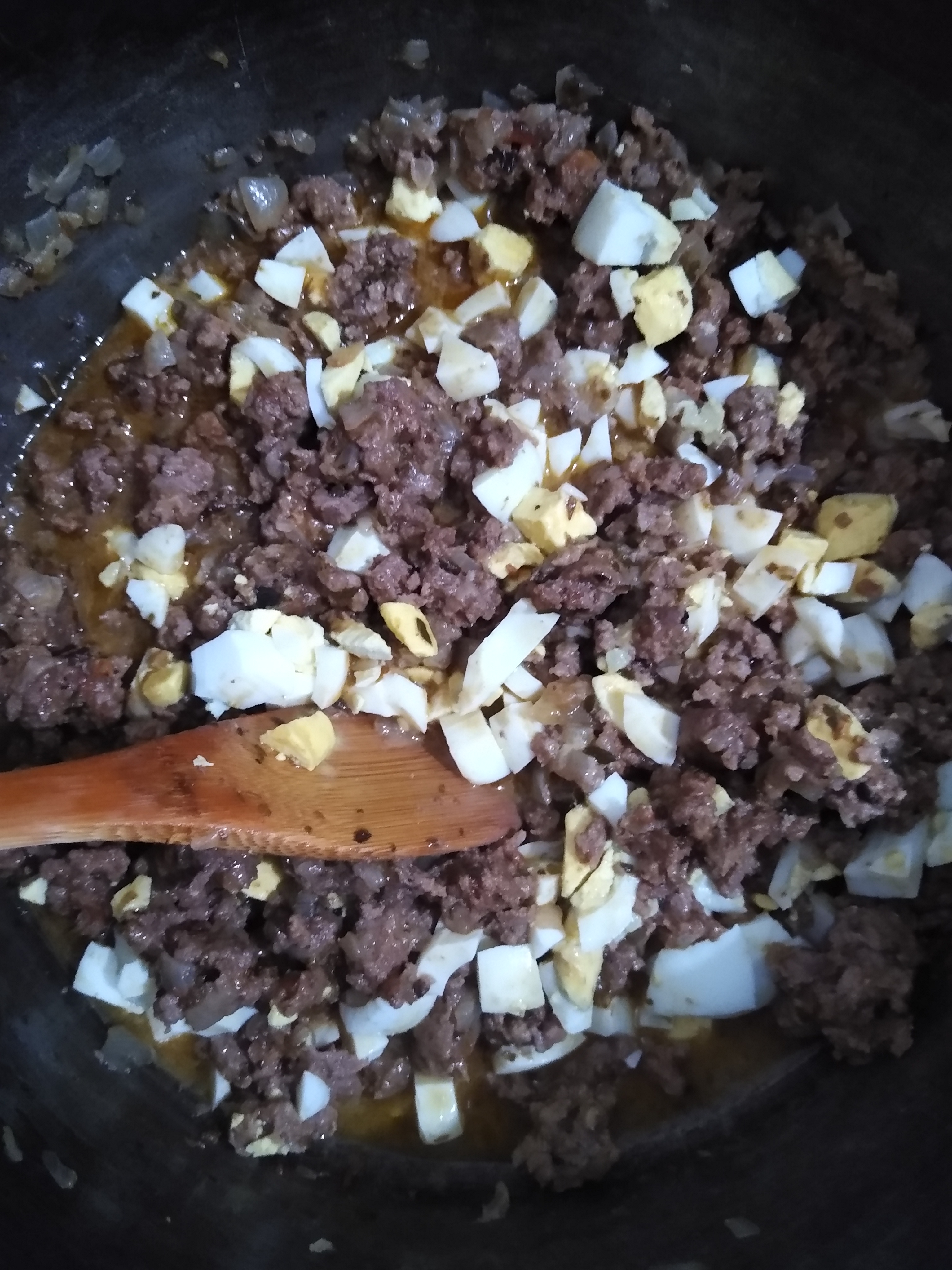
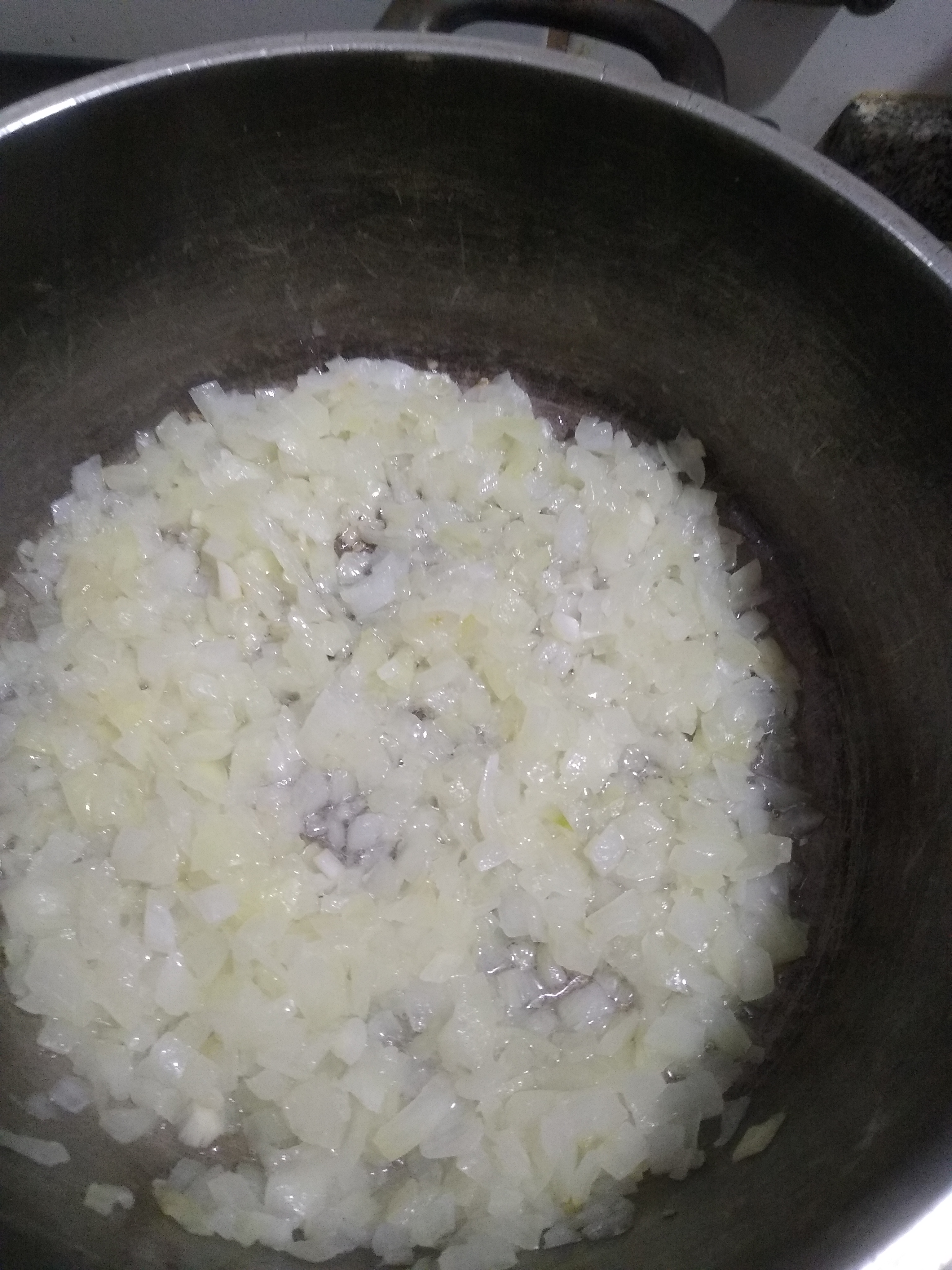
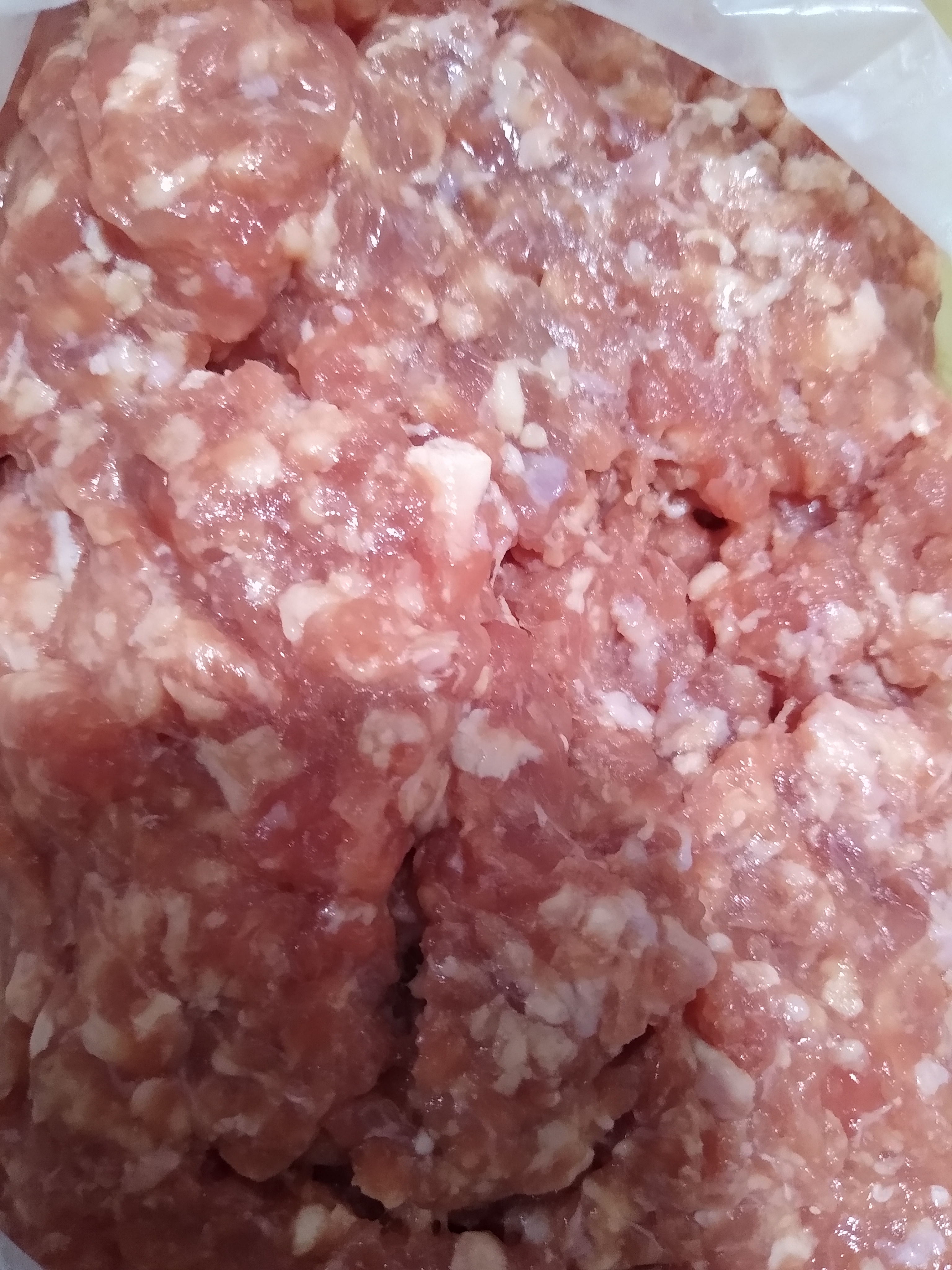
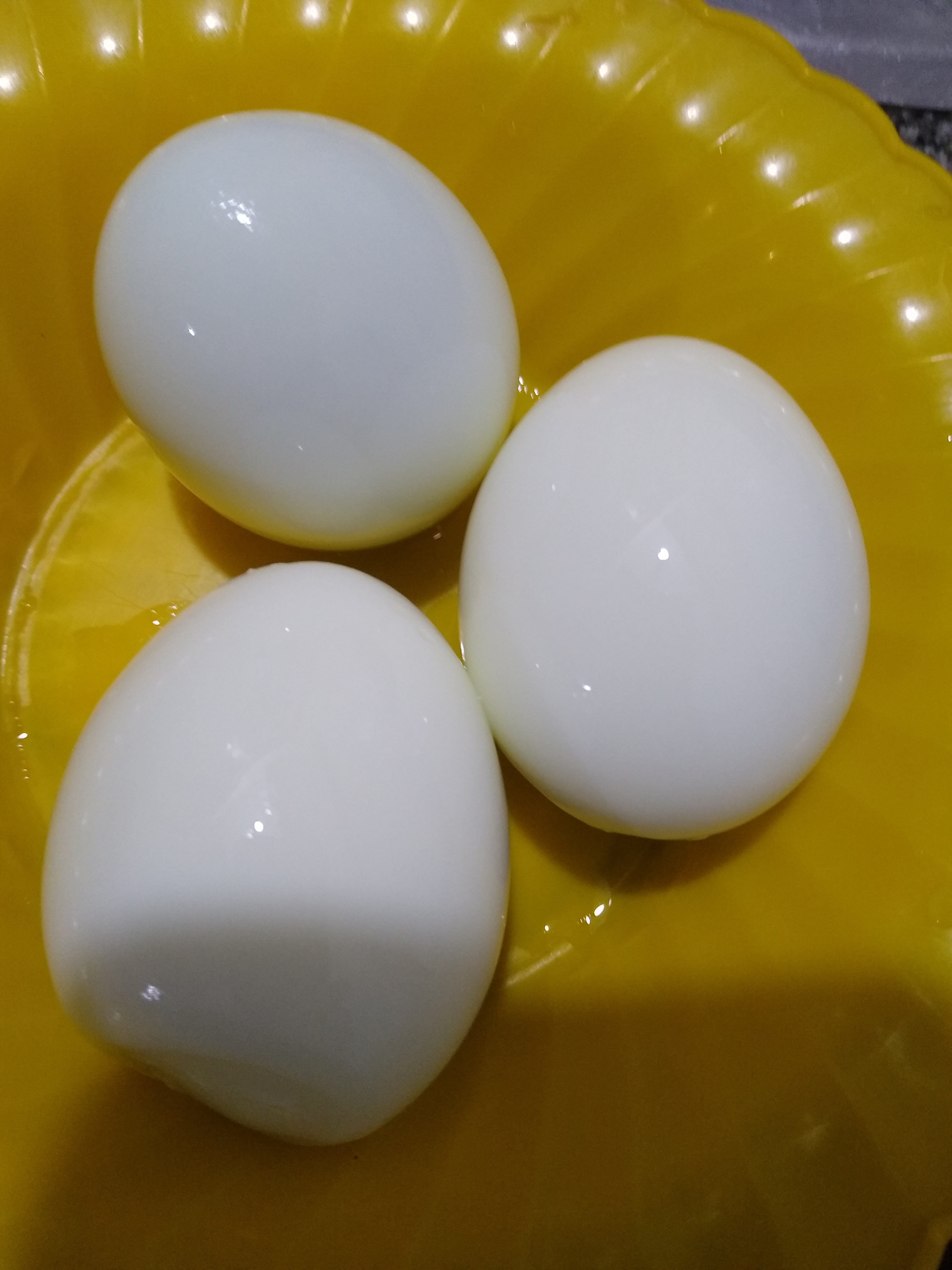
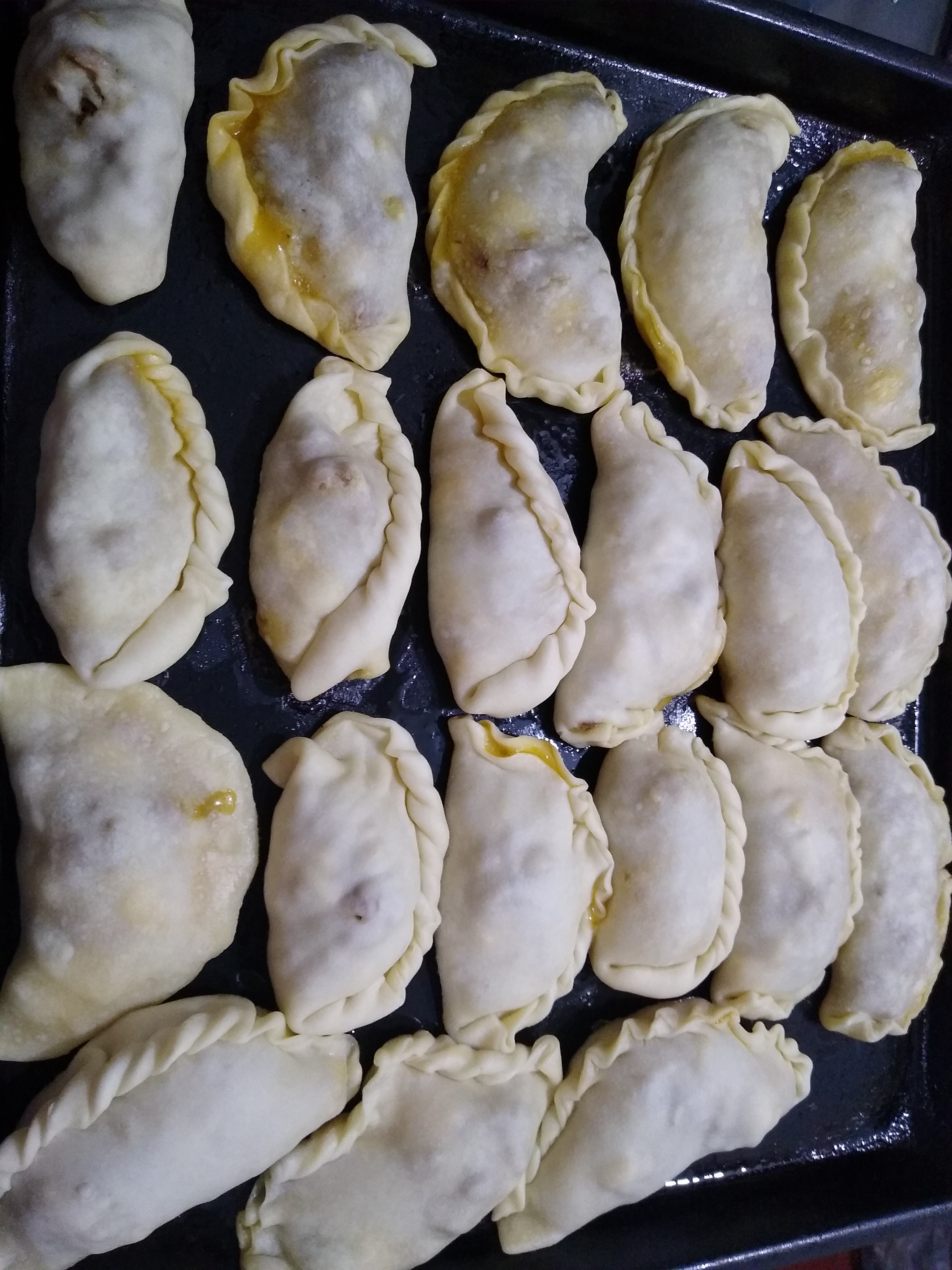
En un pequeño pueblo de Argentina, ubicado en las pintorescas llanuras de la Pampa, vivía una familia apasionada por la gastronomía. Su especialidad era la preparación de deliciosas empanadas, y entre todas las variedades que elaboraban, las más solicitadas eran las empanadas de carne con cebolla y huevo duro.
La receta era un legado transmitido de generación en generación, guardada celosamente como un tesoro familiar. Todo comenzaba con la selección de los ingredientes más frescos y de la más alta calidad. La carne de res se cortaba en trozos finos y se aderezaba con una mezcla de especias secretas, que incluía pimentón, comino, y un toque de ají molido para darle ese sabor característico.
Mientras tanto, se picaban finamente las cebollas y se las pochaban lentamente en una sartén con un poco de aceite de oliva, hasta que adquirían un color dorado y un aroma irresistible. Los huevos se cocían hasta que la yema quedaba firme, se pelaban con cuidado y se cortaban en rodajas.
Una vez que todos los ingredientes estaban listos, se procedía a armar las empanadas. Se tomaba una porción de masa casera, extendida con maestría sobre la mesa de la cocina, y se colocaba en el centro una generosa porción de la mezcla de carne y cebolla. Encima se disponían unas rodajas de huevo duro, que añadían una textura cremosa al relleno.
Con habilidad y destreza, se cerraban las empanadas, doblando la masa sobre el relleno y sellando los bordes con un repulgue perfecto. Una vez formadas, se pintaban con huevo batido para darles un hermoso brillo dorado al hornearse.
El horno de barro, calentado con leña recién cortada, era el secreto final para lograr el sabor auténtico de las empanadas. Con paciencia, se colocaba cada una en la bandeja y se dejaban cocinar hasta que la masa se volvía crujiente y dorada, y el relleno jugoso y fragante.

Al salir del horno, las empanadas de carne con cebolla y huevo duro desprendían un aroma irresistible que atraía a vecinos y transeúntes, anunciando que una nueva obra maestra gastronómica había sido creada en aquella humilde cocina familiar. Y así, cada vez que se preparaban estas delicias, se celebraba la tradición, el amor por la comida y el compartir en familia.
These look delicious. Too bad I don't have an horno de barro to make them. Buen provecho, piba! 😄